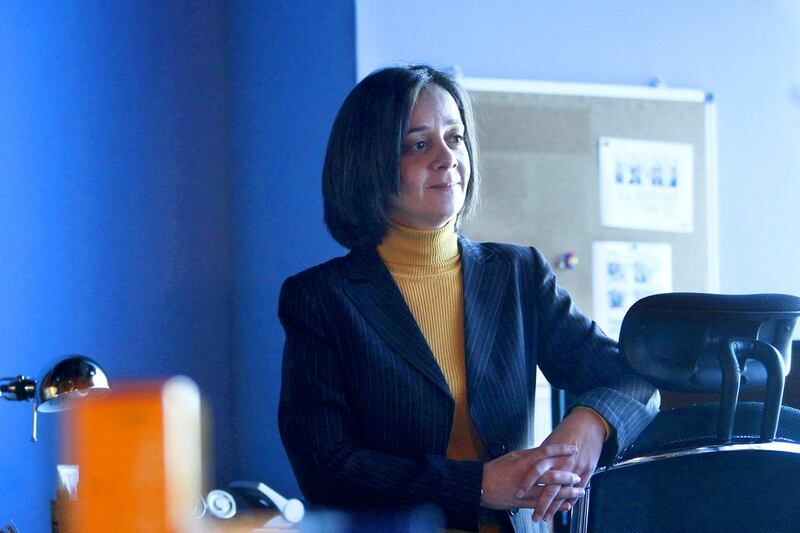Maha Khatib is a partner at Learnactive, a Dubai-based human resources and organisational development consultancy. Among the company’s clients are the International Cricket Council (ICC), Dubai Electricity and Water Authority (Dewa), Nestlé and Novartis International. The 40-year-old Jordanian, who has lived in the UAE for 14 years, reveals the employee development trends that Learnactive forecasts the public and private sector need to be prepared for ahead of Expo 2020.
You have an impressive line-up of clients. Tell me something about the company.
Layla Halabi, a Saudi national, and I started the company in January 2008 with just two of us. Today, we have grown to have six more people in the team aside from us and we are expecting to double the number of employees next year. We help organisations develop their job descriptions, policies and procedures manuals, performance management system, nationalisation programmes and induction programmes for new employees. We also offer learning and development [solutions] and customise training programmes in soft skills or business skills as well as technical skills. For Dewa, for instance, we did training programmes on their business skills, problem solving, customer service and performance among others. For ICC, we developed their HR policy manual for internal use.
Why is it important for the public and private sectors to be prepared for employee trends before Expo 2020?
One of the trends is that skills will be primarily required around services, such as customer service, event management, communication skills and cultural awareness because you will have people coming from all over the world.
Which sectors will be at the forefront of the change, and how will you expand your services to fit this trend?
A lot of technical skills will be needed and those will mainly be in sectors such as construction, architecture and interior design, besides event management, government, retail and hospitality. And yes, we will expand our services. We will integrate different types of training design tools and methods to make it more practical and those that will help measure the impact of the training on business results. We will also use non-traditional methods such as on-the-job training and different tools such as gaming, comics and social or informal learning. For instance, we will use comics more extensively, especially for the busy front-line people. These will be through interactive workshops with shorter time [frames] and not very expensive [for the employers] because the front-line executives might not be with the company after, say, six months. We will have cost effective workshops with them that will also build the internal capability. For more senior executives, we will have management and delegation skills workshops.
When will these employee development trends appear?
Companies will start seeing employee development trends in two to three years’ time. We started preparing these solutions two weeks ago when we got the announcement, and putting a plan on what we predict will be the requirement. We will start contacting employers in 2014 with the services.
How do you measure the effectiveness of the training programmes?
We use the Kirkpatrick model to measure the impact on business results. In the model, the first level measures people’s reaction to training, and the second measures how much they knew before the training and after. The third level measures the change in people’s behaviour at the workplace after the training. And fourthly it measures the impact on business results, which for some companies can be an increase in revenues, customer satisfaction, quality of work or cultural awareness. We use another model to train managers in skills auditing.
What role will Emirati employees play in shaping these employee development trends?
From 2014, we will see a lot of new regulations for hiring more Emiratis in the private sector. We are a small to medium-sized business, and we are looking at hiring a couple of Emiratis. Moreover, a lot of Emiratis will be establishing their own enterprises. Again, they would be needed in the high-demand sectors such as construction and service industries.
ssahoo@thenational.ae





